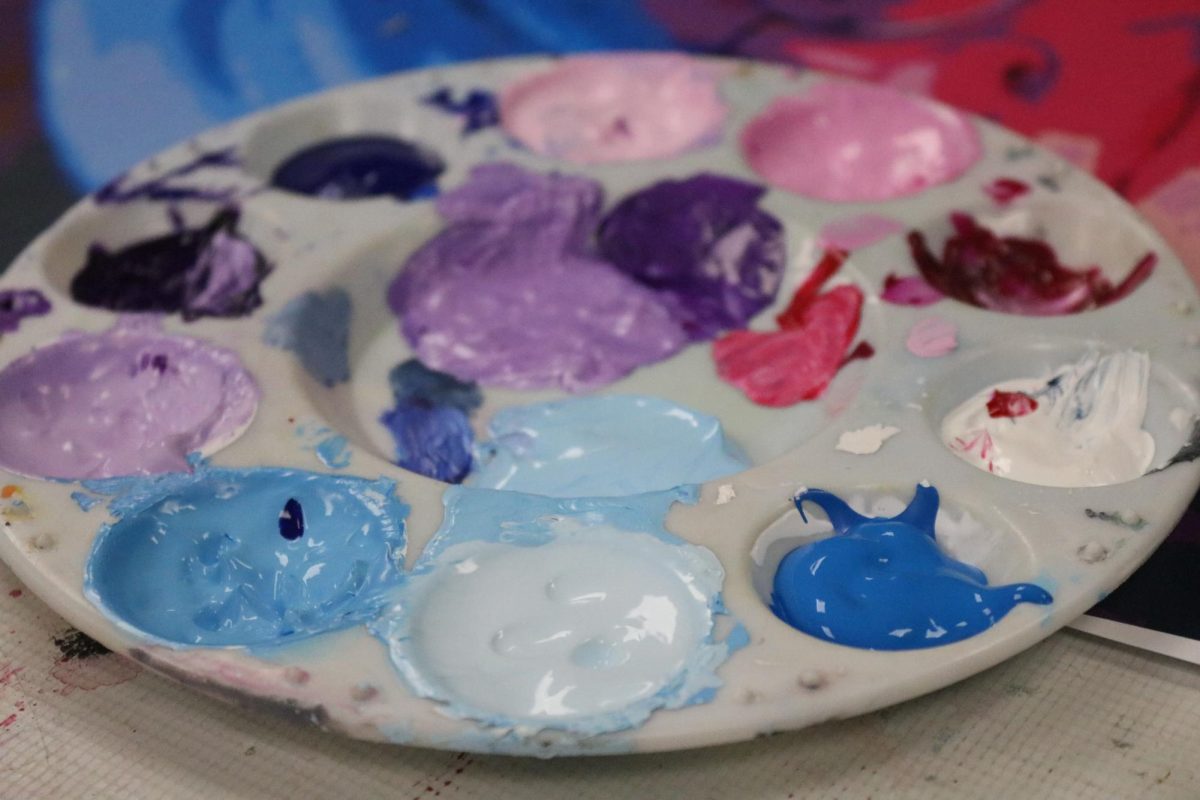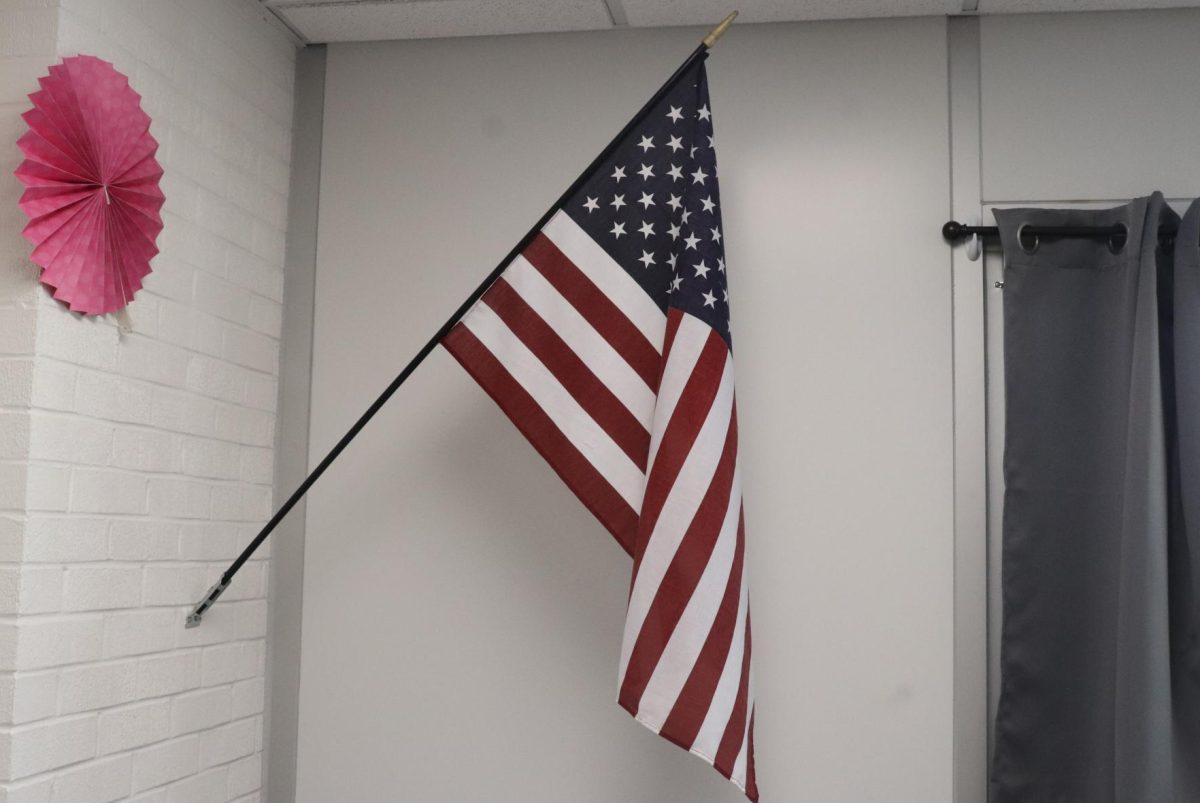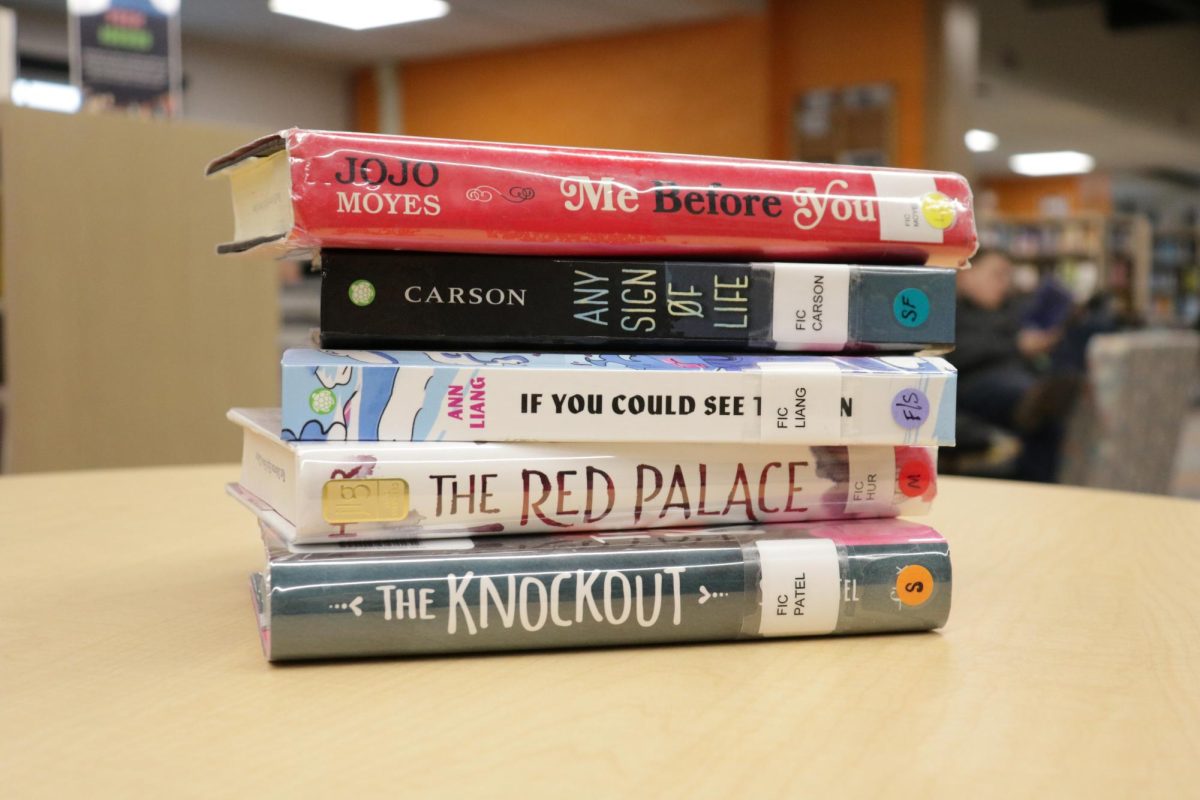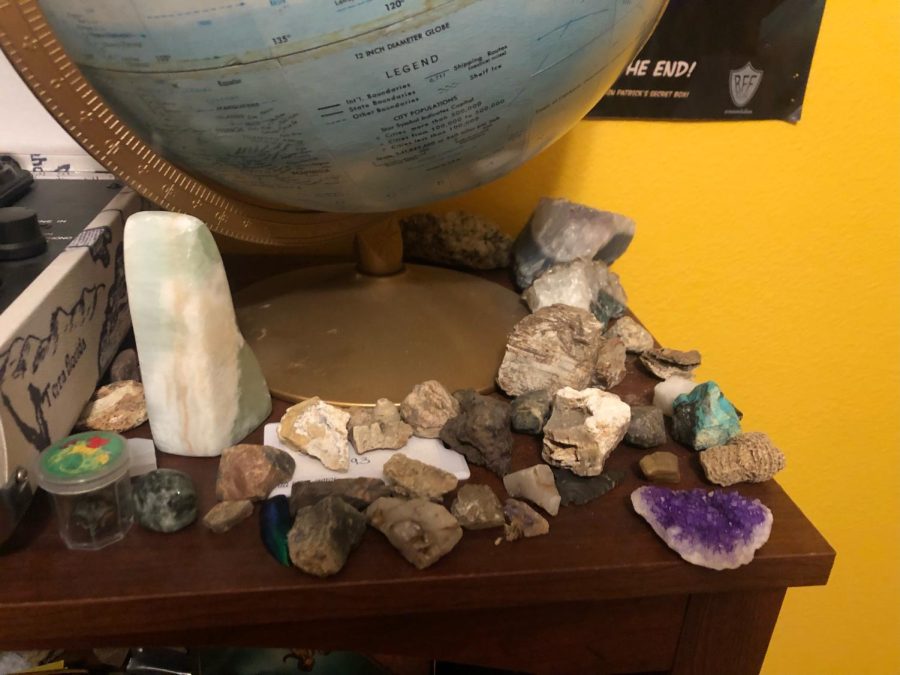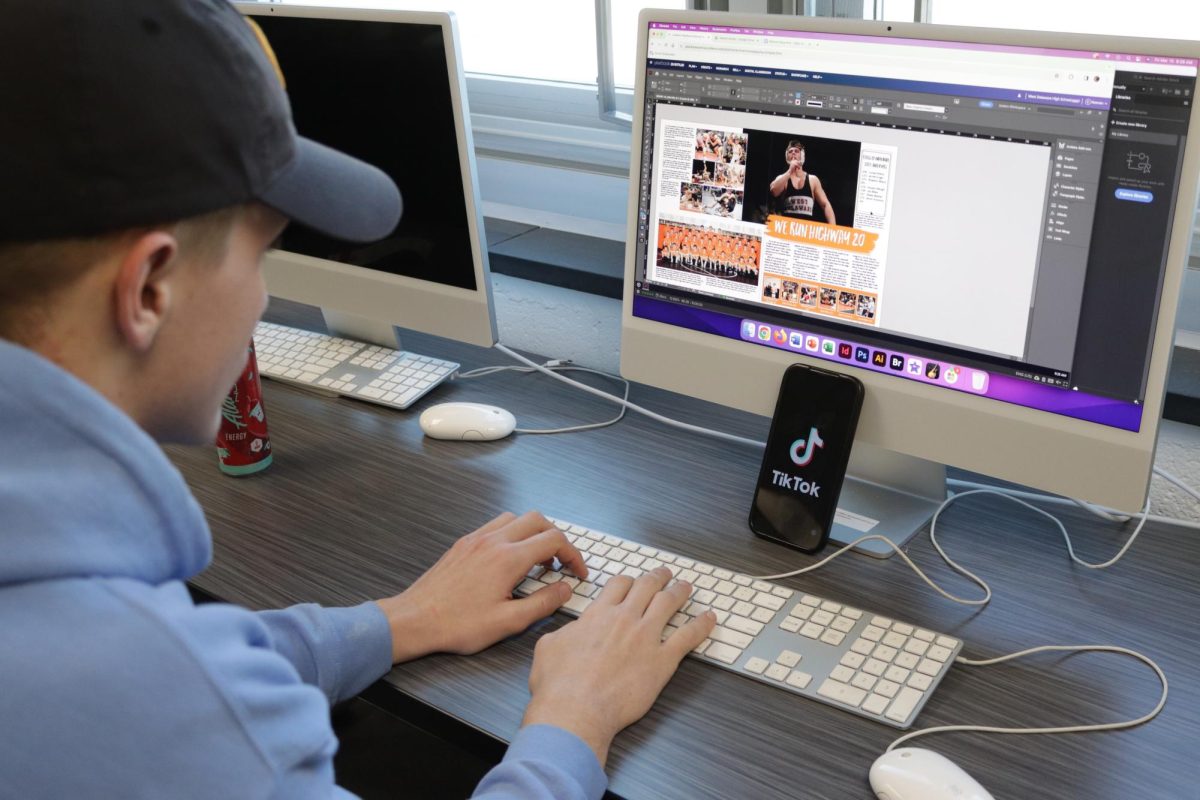TikTok, the app that has swept the nation for almost eight years, is seeing a change that could affect millions.
Earlier this week, the United States House of Representatives passed a bill against the popular social media platform. The bill is now moving into the hands of the Senate, where it could be shut down or moved forward to President Biden.
“I think that the main concern is about National Security,” U.S. government teacher Cole Duncalf said. “They want to protect the Americans’ data from China since it is owned by a Chinese internet company.”
Duncalf believes that the outcome could go a few different directions.
“I wouldn’t be surprised if the Supreme Court deemed it unconstitutional,” Duncalf said. “However, I could also see it not moving forward any further.”
Students at West Delaware use TikTok daily. A ban on the app could impact students more than they realize.
Sophomore Grace Sleper, an avid TikTok user herself, feels as though TikTok does a lot of good. It is a platform used to learn, connect, and entertain millions daily.
“I like TikTok and have learned a lot from the influencers on it,” Sleper said. “It’s a form of community for people in our generation. It took care of us during COVID and was a way we stayed connected during the isolation.”
Senior Maggie Millenkamp would be sad if the bill passed.
“I think I would feel out of touch if it were to be banned because TikTok is where I get a lot of my information,” Millenkamp said.
While the ban would be a big adjustment for many, others would have no issues with the change.
Senior Gabe Quint feels that although this is a big issue, other social media platforms could fill that void.
“If the app were to be banned, I think most people would switch to something else, like Instagram reels,” Quint said. “People may be mad at first, but eventually they would just switch over and forget about it.”
As someone who does not use TikTok, Quint knows that there are other activities that one can use to fill their time.
“TikTok is in a lot of our lives,” Quint said. “I think if it were to be banned, it would allow us to look up and move forward, being less reliant on our phones and social media altogether.”















